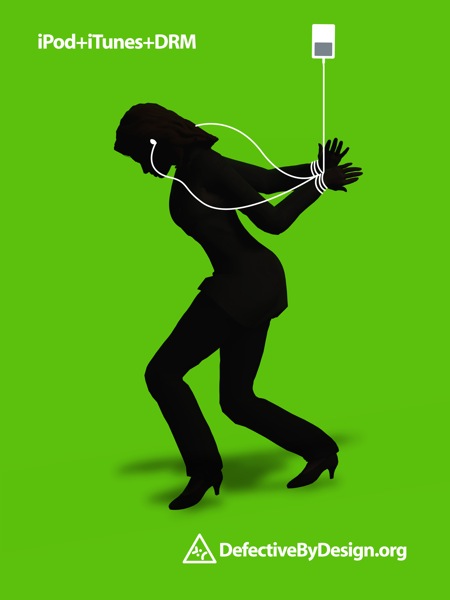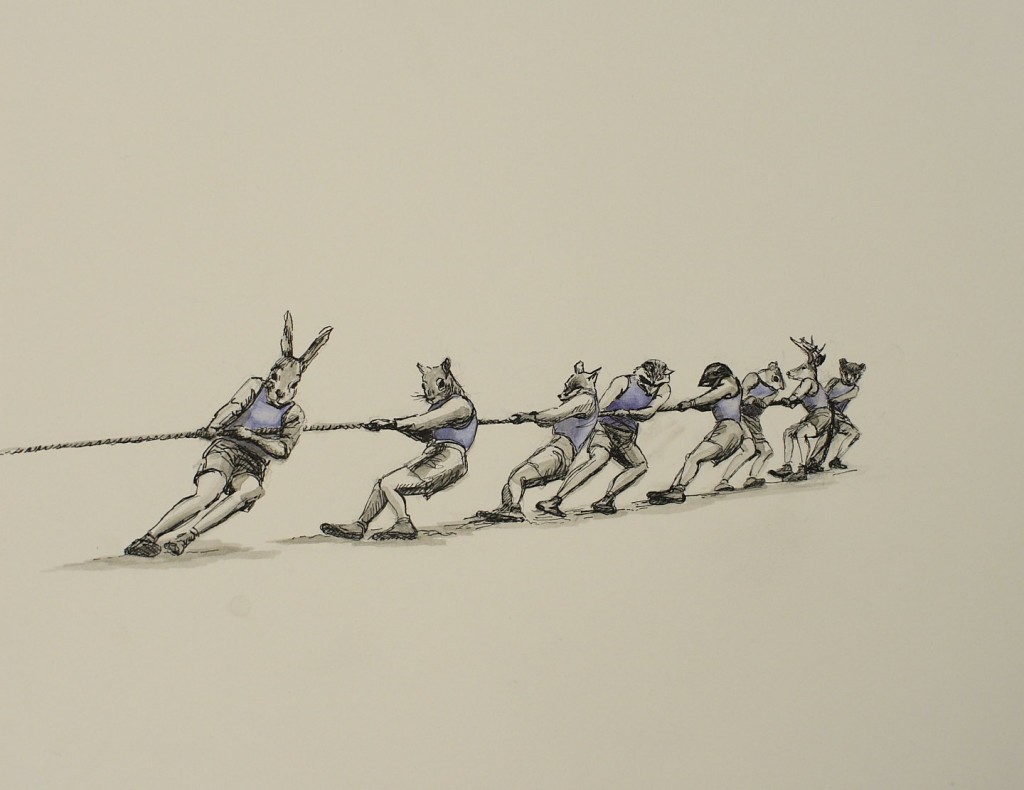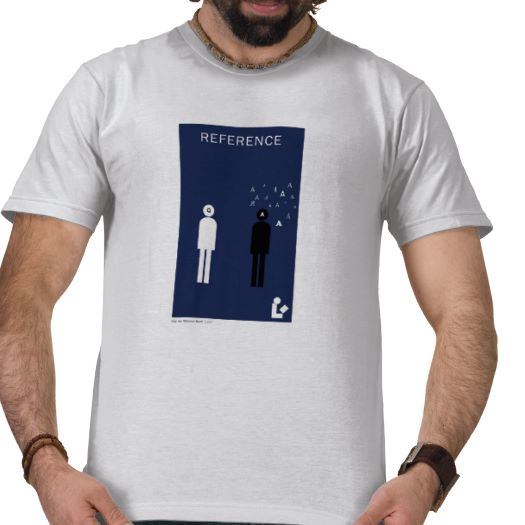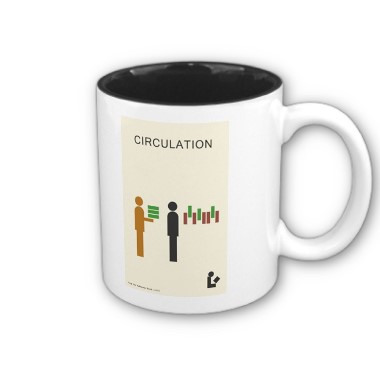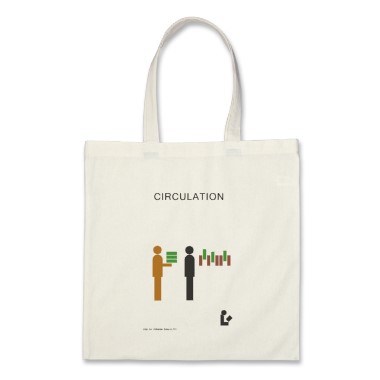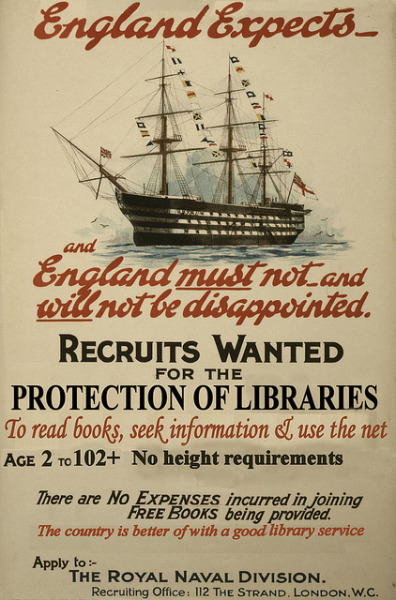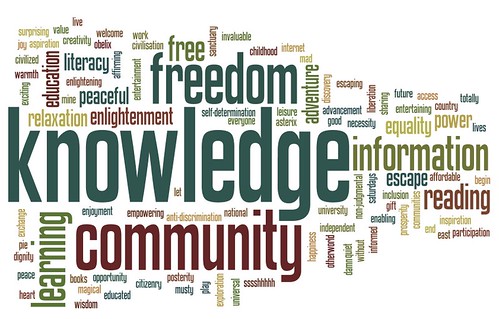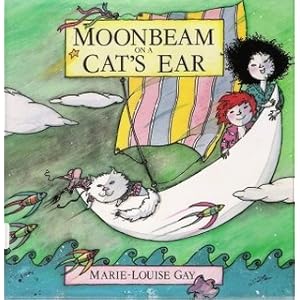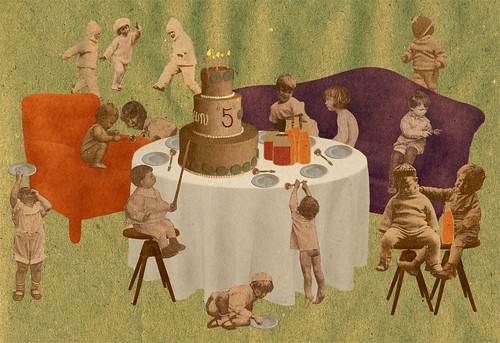 It’s Friday, and if you’re wondering what as a good librarian you should be doing, @pcsweeney has a suggestion: party. Here’s why:
It’s Friday, and if you’re wondering what as a good librarian you should be doing, @pcsweeney has a suggestion: party. Here’s why:
One of the first things that JP said to me about the profession of librarianship and the whole party hard theory was to the effect of needing to celebrate our profession more instead of mourning it. This really hit home for me at the time it was said because I was just reading about layoffs, libraries closing, hours lost, budgets cut, etc… I really feel like there are quite a few people who are quietly mourning the loss of this profession. But there’s no reason that we need to go out quietly. If we do really wind up going out, we should go out loud, kicking, screaming, and celebrating everything that libraries have done for the people of this country for the last 236 years. Really, our fellow librarians have accomplished a whole lot when you sit back and think about it! So now let’s celebrate it![full post]
I get where this is coming from, but should we all stamp around with pints shouting the Anthem for the Already Defeated? Not just yet, though it is a good song. I really believe the librarian profession has and always will be a process of evolution. There are new job titles, new technologies, but the spirit is always there.
Sweeney gets this and wants to use partying as a tool. Partying facilitates social collaboration; it builds networks and creates roads for innovation. (Depending on consumption levels, some can be more innovative than others. Yet, as Hemmingway says, “Always do sober what you said you’d do drunk. That will teach you to keep your mouth shut.” Or why you shouldn’t!)
Informal outreach like Sweeney suggests (maybe not always with beers involved) can create a different sort of outcome than you get from more formal approaches like surveys and or interacting with patrons in library.
This is especially important for public libraries (but not just public libraries), where community and social integration can mean as much for improving services as for survival.
The Librarian Party Agenda: honour the past, live the present, celebrate the future. Something to consider.
Cheers!


